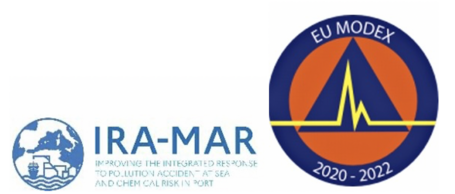The European polluter pays principle
 Sea Alarm attended a briefing in February on the new European Environmental Liability Directive. The ELD is based on the polluter pays concept: polluters can be held strictly liable for environmental damage…
Sea Alarm attended a briefing in February on the new European Environmental Liability Directive. The ELD is based on the polluter pays concept: polluters can be held strictly liable for environmental damage…
including damage to species and habitats protected under the Habitats and Birds Directives and damage to inland and nearshore waters under the Water Framework Directive. Although the ELD has never been invoked for an oiled wildlife incident (or an oil spill), it apply for a spill from an oil terminal or storage facility on land (such as the 2009 oil spill in the Italian River Po, which fortunately had minimal wildlife impact). Sea Alarm follows these developments in European legislation which could have a bearing on the way wildlife incidents are dealt with in European Member States. The briefing was organised by the Ad Hoc Industry Natural Resource Damage Assessment Group, an advisory group which assists its industry members to develop and share best practice for incident liability and compensation measures. The US National Oceanic and Atmospheric Administration also made some preliminary observations during the meeting on how natural resource damage assessment (NRDA) is being applied to wildlife and marine resources affected in the Deepwater Horizon incident. Now that the response and restoration phase is over, assessments are in progress for longer term remediation activities (i.e. to assess the damage and implement activities which aim to return the affected environment to its baseline condition). This process is developed by State NRDA Trustees in conjunction with the Responsible Party.

